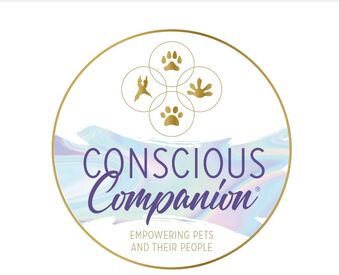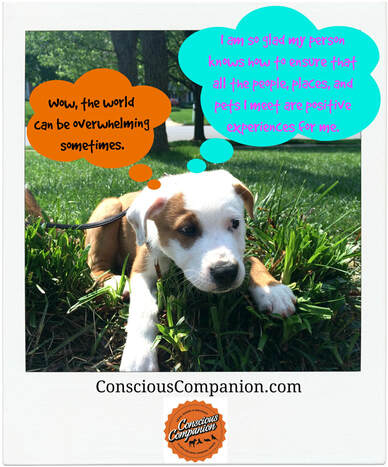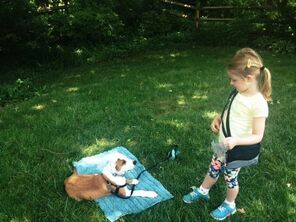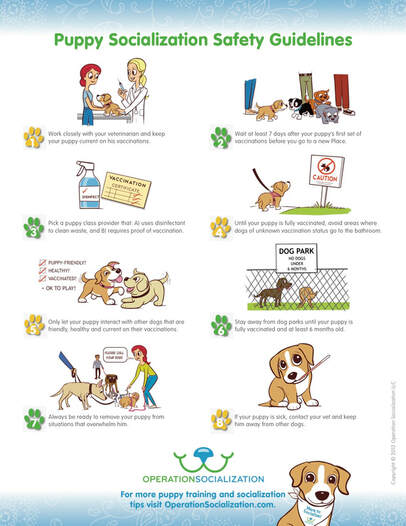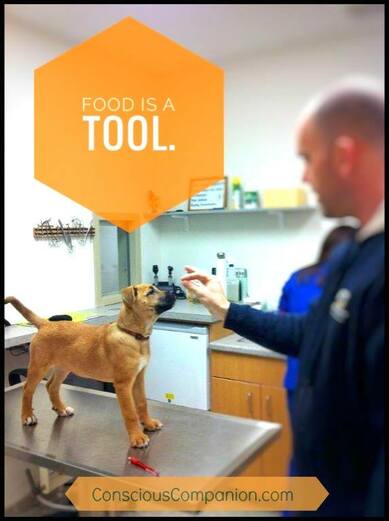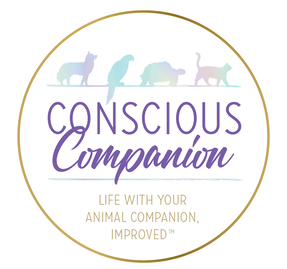Rock-Solid Foundations for Success
No matter the breed, all puppies needs a rock-solid foundation to become a confident canine. This critical foundation is based on learning. But the kind of learning we are talking about is more than just teaching your puppy basic cues. Sure, the cues sit, stay, down, wait, touch, watch me, go potty, leave it, and rock-solid recalls are important for all pups, but these carefully trained behaviors are not nearly as important for pups as learning about the looming world at large.
The Primary And most important time for puppy socialization is the first three months of life. During this time puppies should be exposed to as many new people,animals, stimuli and environments as can be achieved safely and without causing over stimulation manifested as excessive fear, withdrawal or avoidance behavior. Socializing Matters.
The most important aspect of a puppy’s learning process is introducing a puppy to various situations and environments. These are common conditions and challenges that canines are likely to encounter throughout life. From puppy hood into adolescence, the canine learning curve is tough. Socialization should start early and is very time sensitive. Puppy socialization should start early—before five weeks of age. Why? Well, by five weeks, puppies show fear responses to people, objects, pets, and other unfamiliar items around them.
From about 3 weeks to about 3 months of age, puppies are primed for bonding to other animals and individuals, for learning that objects, people, and environments are safe, and for learning what the body cues and signals of others mean. It is their sensitive period for socialization and it is the most important socialization period in a dog’s life. Puppies who do not get adequate socialization during this period tend to be fearful of unfamiliar people, or dogs, or sounds, objects and environments. – Dr. Sophia Yin Puppies are In Life School ‘Round The Clock!Puppies are learning all the time, in every minute of every day. This learning does not start or stop when they are being “trained”. The way we treat, condition, and care for our puppy will directly influence our dog’s development. The question we want to ask is: How are we treating and caring for our puppy?
In every seemingly simple situation, puppies are absorbing information like a sea sponge. Each experience counts. The brain of a puppy is like a sponge in that every experience he/she encounters is carefully stored in the brain’s memory bank. Think of this canine collection of experiences as creating the personality of your pup. Now the question is, what experiences is your puppy collecting and processing? Dogs are born into the world with a particular temperament, but how the puppy is raised, treated, and properly exposed to life will ultimately determine a pup’s personality. That may seem overwhelming, but it brings the power back to you and your puppy! Every positive and enriching experience creates a more confident adult canine. Prevent Socialization FauxPAW
A lack of proper socialization is a pet epidemic. The majority of pet parents are unaware that this lack is one of leading causes of behavioral issues in juvenile and adult dogs. Most dog owners haven’t a clue how to properly and positively socialize a puppy to the myriad of life’s experiences. Even with the best of intentions, this lack of knowledge combined with the multitude of misinformation passed around is not a recipe for success.
Dogs who had more social contacts or attended puppy classes before twelve weeks of age were less likely to develop fearful or aggressive behavior. Conversely, puppies and kittens dogs who lacked early non-fearful exposure to a range of environments, people, animals may become afraid and avoid these situations. In general, animals reared in barren environments (both socially and physically) are unable to deal effectively with the environment and activities a normal companion animal will experience. - Literature Review on the Welfare Implications of Socialization of Puppies & Kittens Beyond ExposureExposing our pups to new things is not enough. Interacting with only household humans is not enough. We need to move beyond the borders of the home, and beyond the boundaries of just being around new things. Every exposure to a new persons, place, scent, sight, animal and object needs to be very positive experiences for the puppy.
The problem isn't with socialization itself, but with many people's understanding of socialization. Socialization is vital for proper mental and social development in dogs, and it needs to be offered properly. Mistakes in socialization, even if intentions are good, can backfire and may even produce an overly shy or overly aggressive dog. - KP Clicker Training Invest in A Positive Outcome for your Pup
The investment you make giving your puppy a good learning foundation will pay off throughout her life. Puppies are certainly cute but raising one can be challenging. Seeing a pup develop into a confident adult, however, is worth the hard work. But it can and should be fun for everyone!
The message is simple and straightforward: Taking this science to heart can be the difference between having a happy, well-adjusted dog later in life, compared to one who’s fearful of people, objects, animals, and various environments that we, as their guardians know to be safe. It’s our role as their guardians to teach them how to feel safe, secure, and confident in their canine world. Let’s get off on the right paw by starting now. |
Conscious Companion is a compassionate expert at creating conditions
|
